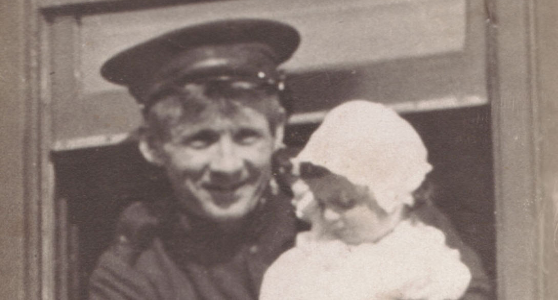
After the invasion of Belgium and France, Britain declared war on Germany on August 4, 1914. Canada, a member of the British Empire, was automatically called to war, and its citizens from across the country and from every walk of life responded quickly. A month after war broke out, 32,665 volunteers arrived at the new camp at Valcartier, Quebec, on 100 special trains. This began the growth of the colony’s peacetime army from a pre-war force of 3,110 regular and 74,213 part-time militia members. By the end of the war, Canada would have over 600,000 service people, including more than 3,000 Nursing Sisters, and an estimated 3,650 Chatham-Kent heroes in uniform. It was a tremendous army for a population of less than 8 million citizens.
In this largely static war of attrition, the Canadian Corps came to be valued as one of the most effective military formations on the Western Front, for they were masters of the hazardous techniques of offensive warfare. Their first full-scale demonstration of this came in April 1917, at Vimy Ridge, which they captured with superb planning and preparation, resulting in casualty levels far below the norm. Vimy was the pinnacle of Canadian military achievement in the First World War.
Early in October 1918, Cambrai was captured. Then, in an uninterrupted advance, the Canadian forces fought their way through Valenciennes and Mont Houy and reached Mons on November 11, the historic day the Armistice ending the War took effect.
This was largely an army of citizen-soldiers, but by November 11, 1918, they were recognized as consummate professionals. In the First World War, 70 Canadian heroes, one of them a resident of Chatham-Kent, won the highest award for valour, the Victoria Cross (VC). Many more would receive other decorations for gallantry.
Four long years of war transformed Canada from a colony to a nation, and the veterans who fought for our freedom will never be forgotten. At a cost of nearly a quarter of a million casualties, Canada grew, with sorrow for the fallen, yet with a new pride and increased awareness of nationhood. Eventually, Canadians would become peacekeepers to the world. Instead of fighting to restore peace, they would stand between combatants to preserve it. This prime military role supports Canada’s foreign policy to this day.


